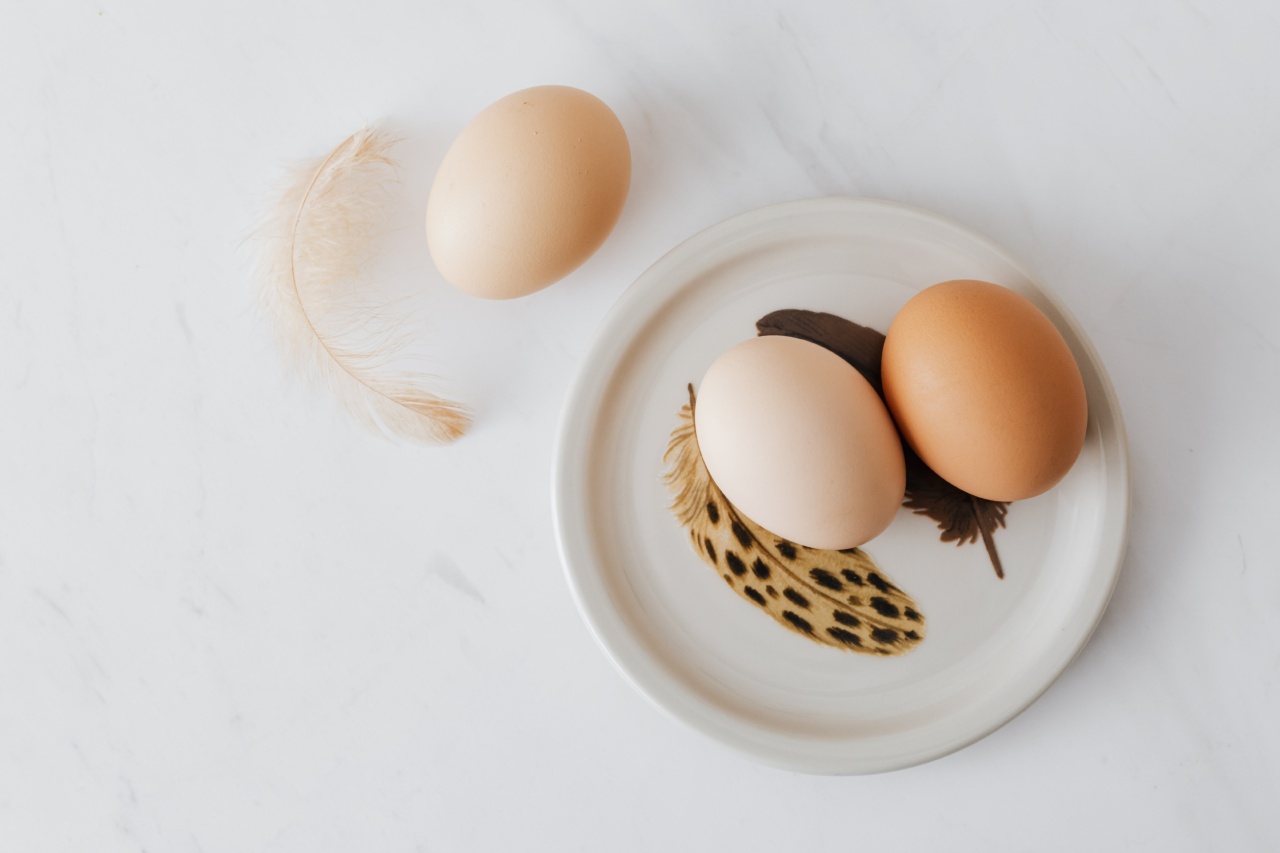Cholesterol plays an essential role in our body, but excessive levels can cause heart diseases. There are several medications available to lower cholesterol levels, but non-medical approaches can also help.
In this article, we will explore some non-medical approaches to lowering cholesterol levels.
1. Dietary Changes
Dietary changes are one of the most effective non-medical approaches to lowering cholesterol levels. The following dietary changes can help:.
a. Increase Fiber Intake
Fiber-rich foods, such as fruits, vegetables, and whole grains, can help lower cholesterol levels. Soluble fiber can bind to cholesterol in the gut and prevent its absorption into the bloodstream.
b. Limit Saturated Fats
Saturated fats are known to increase LDL cholesterol levels. Foods high in saturated fats include red meat, butter, cheese, and tropical oils such as coconut and palm oil. Limiting the intake of these foods can help lower cholesterol levels.
c. Increase Omega-3 Fatty Acids
Omega-3 fatty acids are known to have cardiovascular benefits, including lowering cholesterol levels. Foods rich in omega-3 fatty acids include fatty fish such as salmon and tuna, flaxseeds, chia seeds, and walnuts.
2. Regular Exercise
Regular exercise can help lower LDL cholesterol levels and raise HDL cholesterol levels. Moderate-intensity aerobic exercise such as brisk walking, cycling, and swimming can help.
Resistance training can also help increase muscle mass, which can lead to a decrease in LDL cholesterol levels.
3. Stress Management
Stress can cause the body to release hormones that can increase cholesterol levels. Stress management techniques such as yoga, meditation, and deep breathing can help reduce stress and lower cholesterol levels.
4. Weight Management
Being overweight or obese can increase cholesterol levels. Losing weight can help lower cholesterol levels. A healthy diet and regular exercise can aid in weight loss.
5. Smoking Cessation
Smoking can damage the walls of blood vessels, which can lead to an increase in cholesterol levels. Quitting smoking can help improve cardiovascular health and lower cholesterol levels.
6. Herbal Supplements
There are several herbal supplements that claim to lower cholesterol levels, such as garlic, turmeric, and ginger.
However, the evidence supporting the use of herbal supplements for lowering cholesterol levels is limited, and some herbal supplements may interact with medications.
7. Acupuncture
There is some evidence to suggest that acupuncture may lower cholesterol levels. Acupuncture is a traditional Chinese medicine technique that involves inserting thin needles into specific points on the body.
8. Cholesterol-Lowering Foods
Certain foods such as oats, almonds, and beans are known to have cholesterol-lowering properties. Including these foods in the diet can help lower cholesterol levels.
9. Red Yeast Rice
Red yeast rice is a traditional Chinese fermented rice product. It contains a compound called monacolin K, which is similar to statins, a medication used to lower cholesterol levels.
Some studies have shown that red yeast rice can lower cholesterol levels, but it may also have side effects and may interact with medications.
10. Probiotics
Probiotics are beneficial bacteria that live in the gut. Some studies have shown that certain probiotics can lower cholesterol levels. Probiotics can be found in fermented foods, such as yogurt, kefir, and sauerkraut, and in supplements.






























